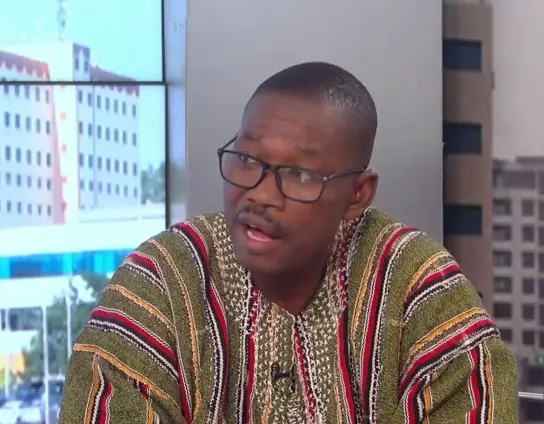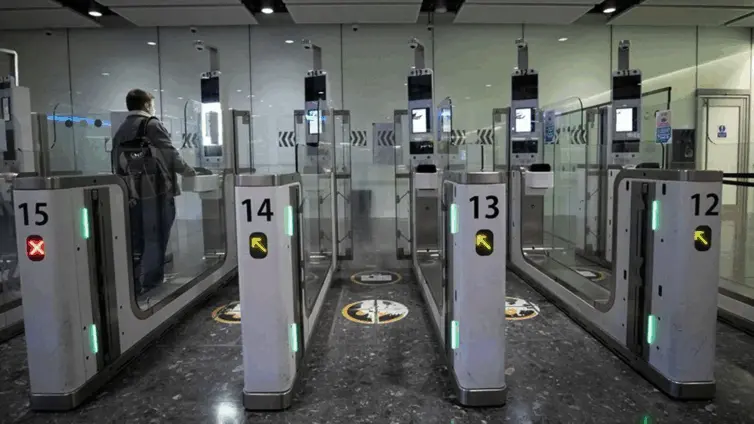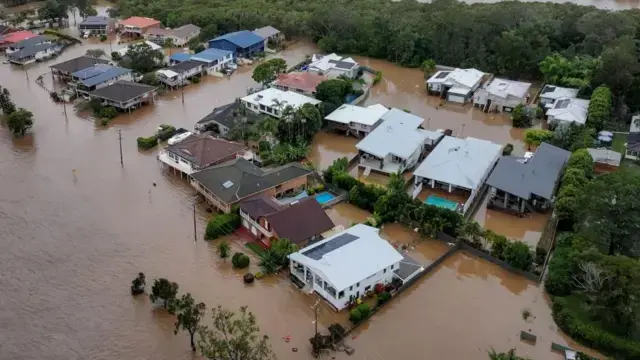BRUSSELS—Dr. Mahamudu Bawumia, Ghana’s former Vice President, recently challenged global economic policymakers, suggesting many are ignoring crucial lessons from history and economics, particularly regarding trade imbalances. Addressing the International Democracy Union (IDU) Forum, his remarks underscore a growing concern about the effectiveness of current approaches to international trade, especially concerning African economies.
The core of Bawumia’s critique centers on what he sees as a failure to grasp fundamental economic principles. He argues that policymakers are too quick to implement simplistic solutions, such as tariffs, without understanding the deeper macroeconomic forces at play. The issue of policymakers failing history and economics is central to the discussion of modern trade, according to Bawumia.
“I think that one of the things that policy makers are doing recently is failing to understand the lessons of history as well as the lessons of economics, when they are surely trading balances,” Bawumia stated, highlighting his concern that historical precedents are being ignored.
Bawumia specifically cautions against the over-reliance on tariffs as a solution to trade deficits. He emphasizes that trade deficits are typically rooted in macroeconomic issues, not merely trade policy failures. Trade deficits often stem from a mismatch between a nation’s savings and investment levels, making it a macroeconomic challenge rather than a trade policy problem. A country that consistently spends more than it saves will inevitably face a trade deficit, according to Bawumia’s analysis, showing policymakers failing history and economics.
Africa’s role in global trade presents a particularly vulnerable landscape. Bawumia points out that Africa’s contribution to global trade is relatively small, accounting for just 2.5% of global exports and 2.9% of imports. This is in stark contrast to Asia, which accounts for 43% of global exports and 38% of imports, and Europe, which contributes 38% and 51% respectively. The U.S. accounts for 8% of exports and 14% of imports.
“If you look at the share of global trade, Africa contributes only 2.5% of global exports and 2.9% of imports,” Bawumia noted, emphasizing the continent’s relatively minor role in the global marketplace.
He asserts that tariffs are not an effective solution for addressing these imbalances, as they do not address the underlying macroeconomic causes. Trade deficits result from the difference between national savings and investment. Tariffs offer a superficial fix that doesn’t address the core economic issue. Referencing the national income identity, Bawumia notes that a country that spends more than it saves will inevitably run a trade deficit, highlighting that trade deficits are fundamentally a macroeconomic issue rather than a trade policy issue, underscoring the importance of policymakers failing history and economics.
To illustrate the dangers of protectionism, Bawumia references the Smoot-Hawley Tariff Act of the 1930s, which imposed high tariffs and exacerbated the Great Depression. He also cites the U.S.–China trade war of 2018–2019 as a recent example of how tariffs can disrupt global trade flows. Rising U.S. tariff rates (jumping from 2.4% to 10% – the highest since 1943) is another area of concern. These examples serve as cautionary tales against using tariffs as a primary tool for addressing trade imbalances.
Bawumia highlights that while Africa may be less exposed than other regions to broad trade wars, specific countries like Lesotho could face severe consequences. Lesotho relies heavily on textile exports to the U.S. through the African Growth and Opportunity Act (AGOA), making it particularly vulnerable to trade disruptions. Lesotho would be particularly at risk from policymakers failing history and economics.
“When 50% of your exports are at risk, the impact will be significant,” Bawumia warned, pointing to the potential for substantial economic harm in countries heavily reliant on specific trade relationships.
Dr. Bawumia’s analysis serves as a critical reminder of the importance of understanding both historical context and fundamental economic principles when formulating trade policies. He effectively argues that simplistic solutions like tariffs are insufficient for addressing complex trade imbalances and that a deeper understanding of macroeconomic factors is essential. His insights highlight potential vulnerabilities for African economies, urging policymakers to consider the broader implications of trade policies and to adopt strategies that promote long-term economic resilience. Focus must be placed on supporting the most vulnerable nations like Lesotho in order to avoid the negative implications of trade imbalance policies, particularly if policymakers failing history and economics continue on their current trajectory.
Image Source: MYJOYONLINE





















